$1.57 Bn
Market Size
4.35%
CAGR
$1.94 Bn
Forecast
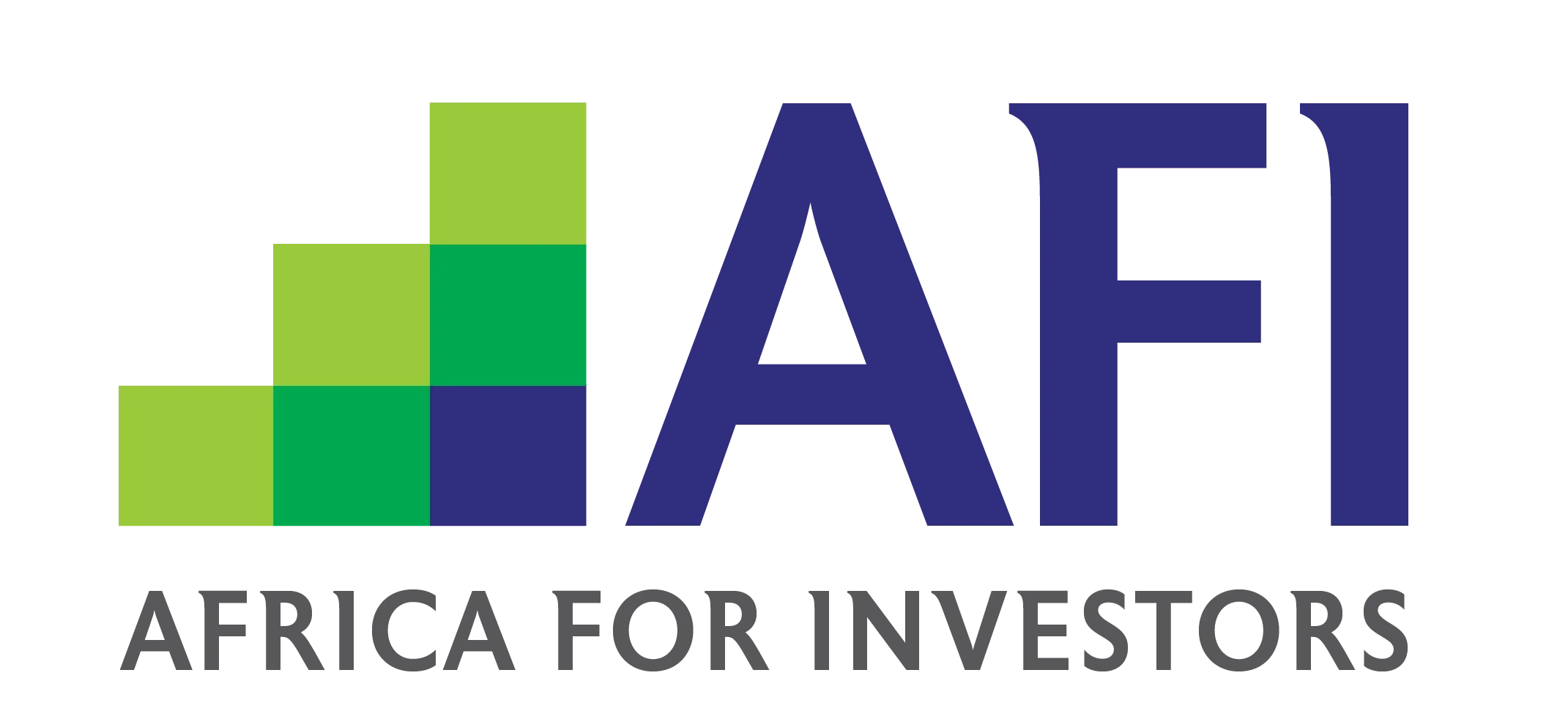
*Note: Name, Email and Phone Number are mandatory.

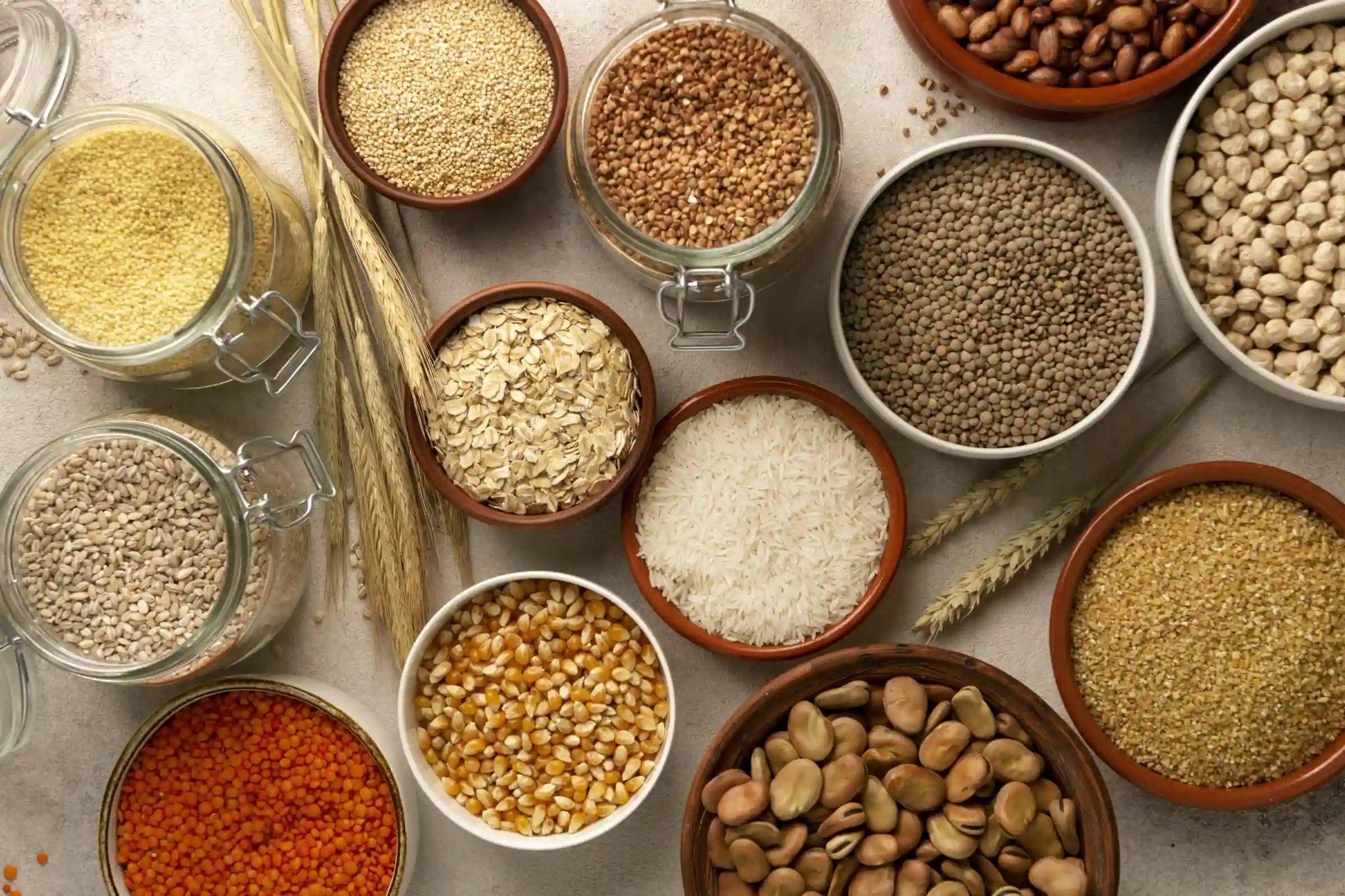
Africa's agribusiness is brimming with potential, and at its heart lies a wealth of golden grains, versatile cereals, and protein-rich pulses, that constitute the majority of global cuisine and fuels the insatiable demand for high-quality, diverse food options.
Africa's agribusiness is brimming with potential, and at its heart lies a wealth of golden grains, versatile cereals, and protein-rich pulses, that constitute the majority of global cuisine and fuels the insatiable demand for high-quality, diverse food options.
$1.57 Bn
Market Size
4.35%
CAGR
$1.94 Bn
Forecast
~2.8 Bn
Annual Production in Tons
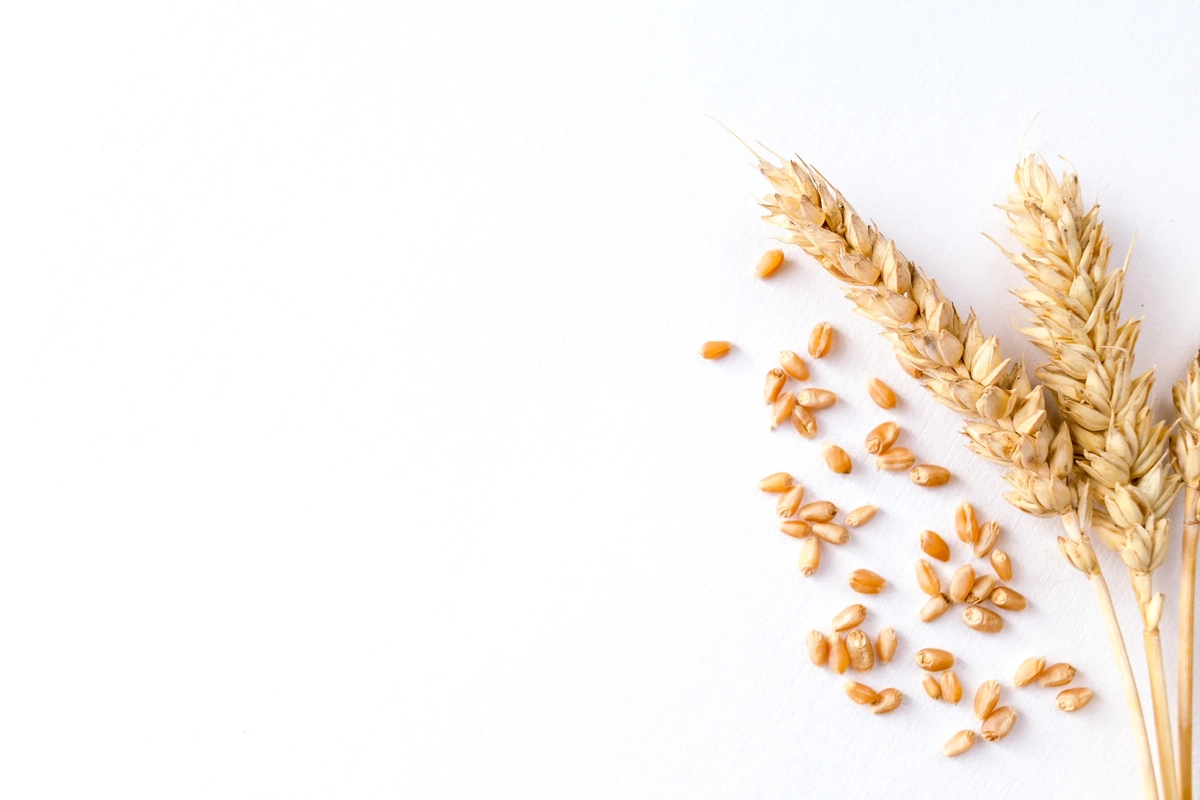
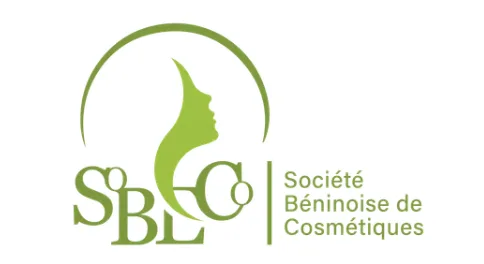
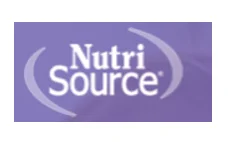




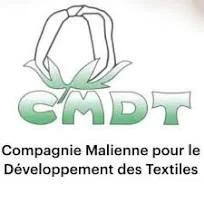

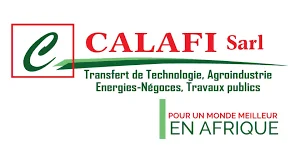


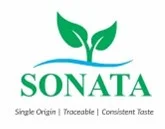
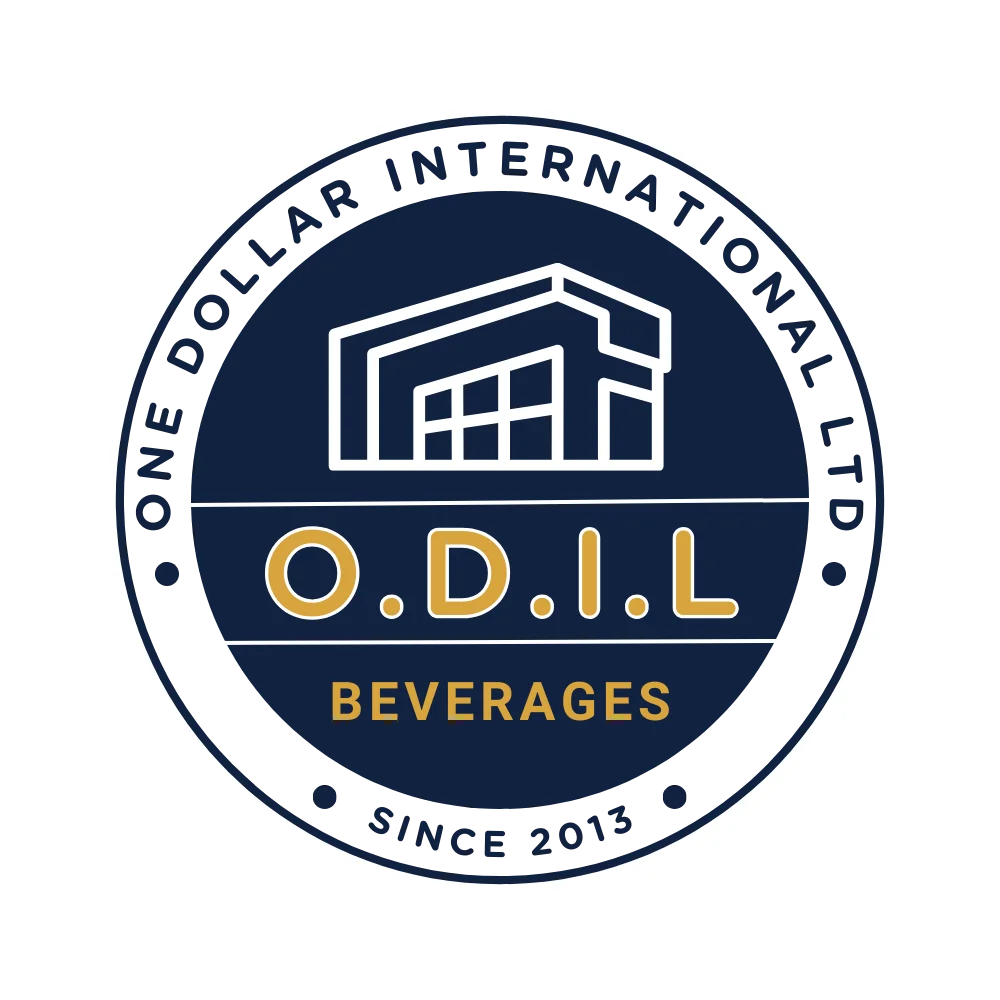
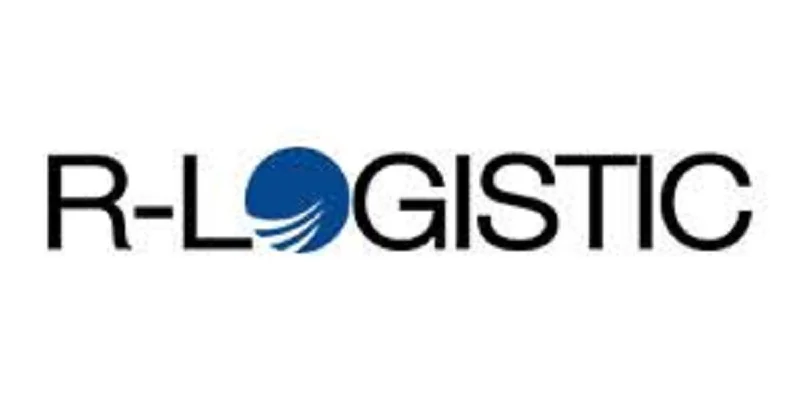

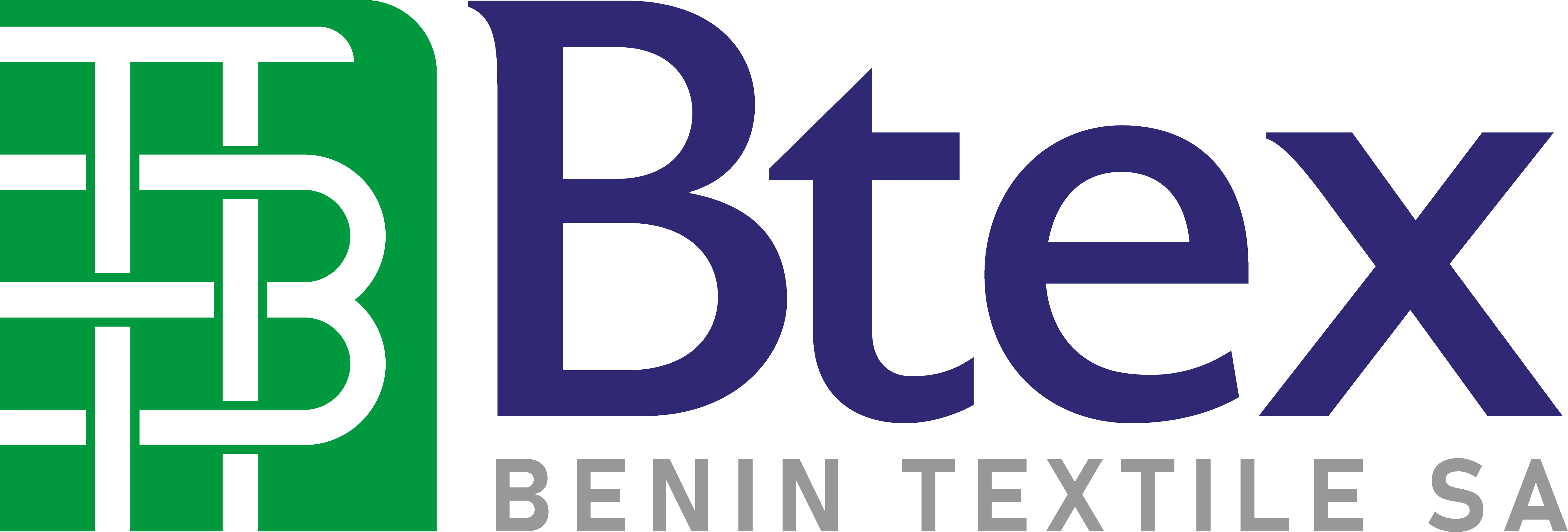
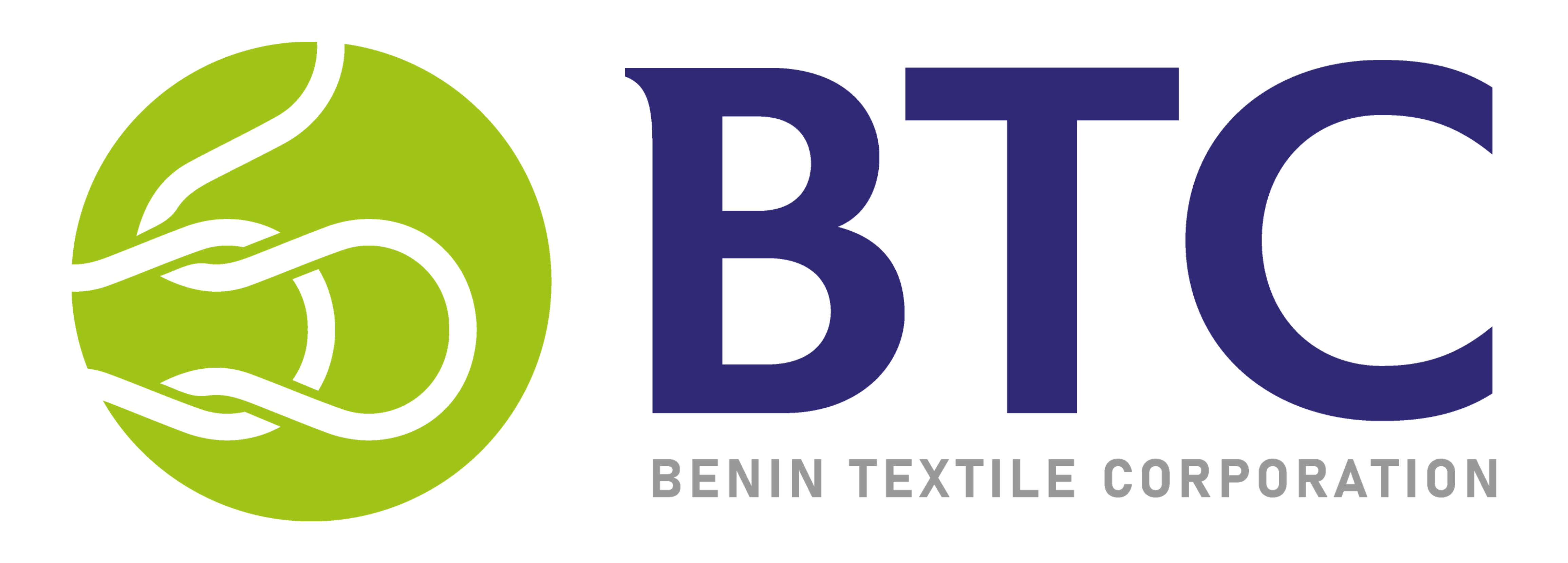
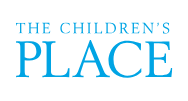
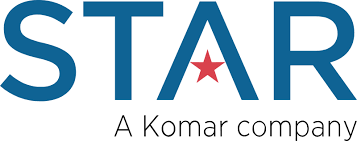
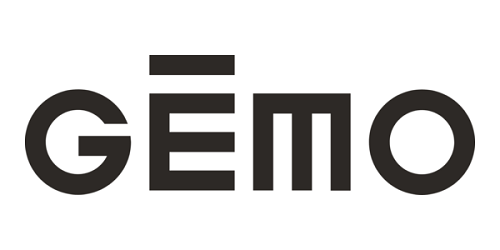

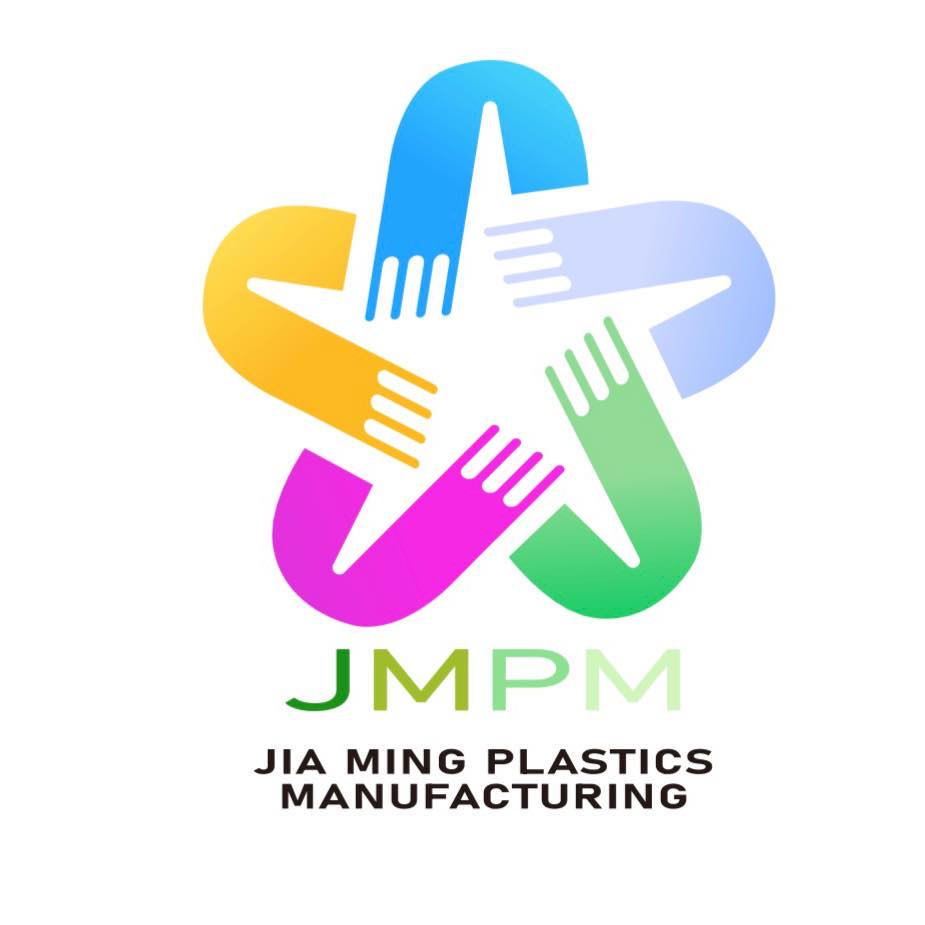


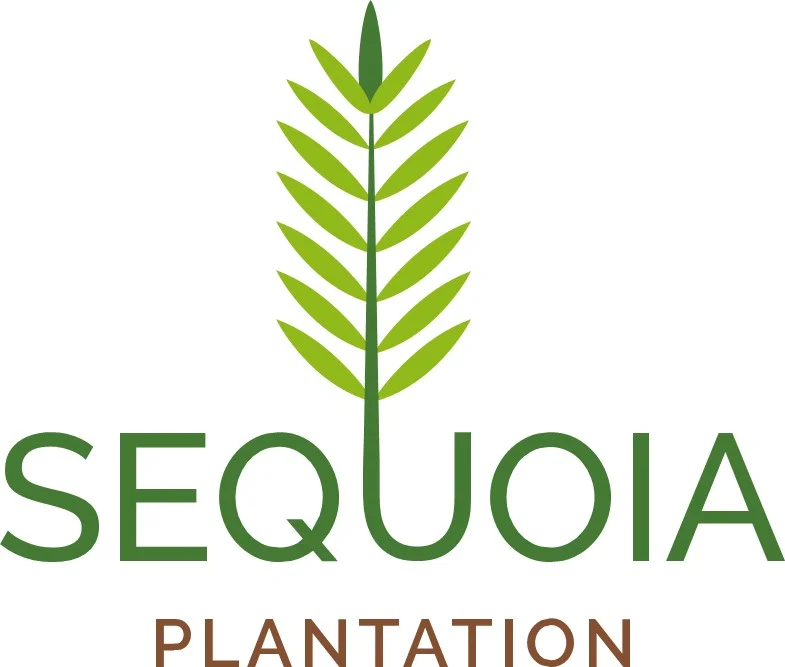
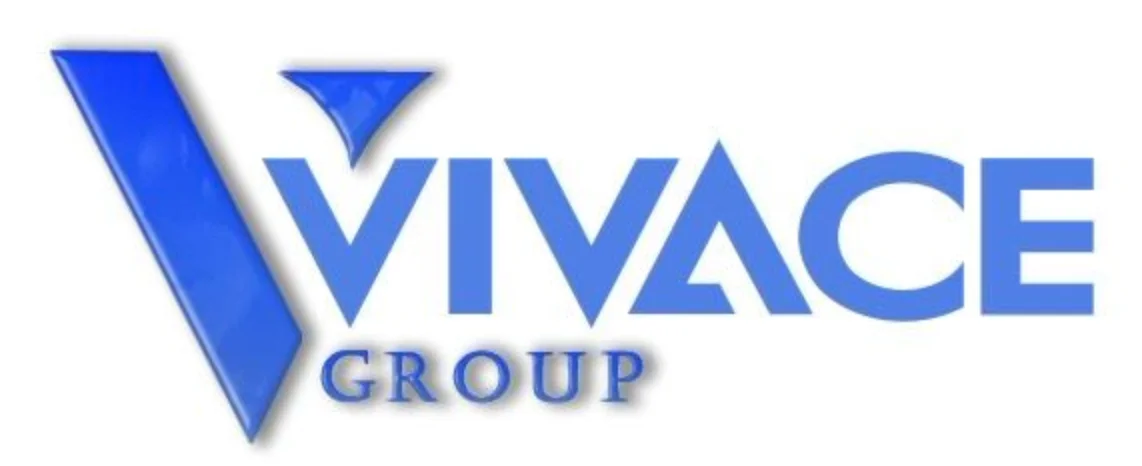
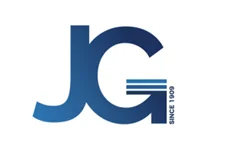
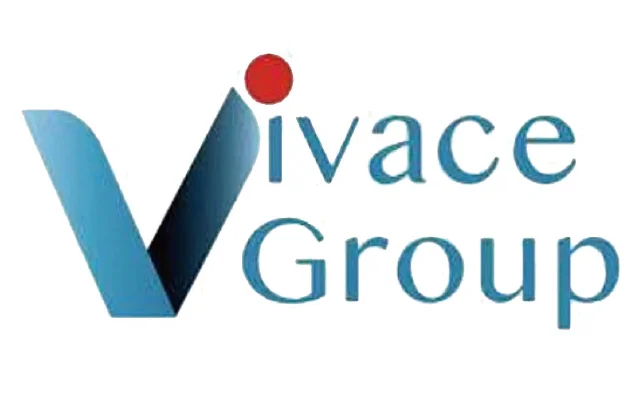

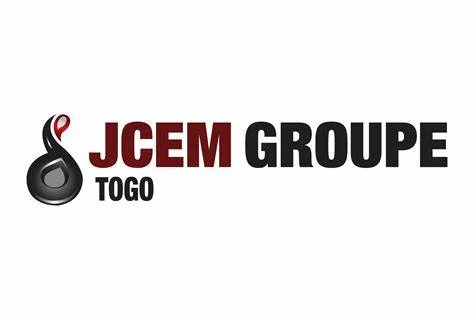
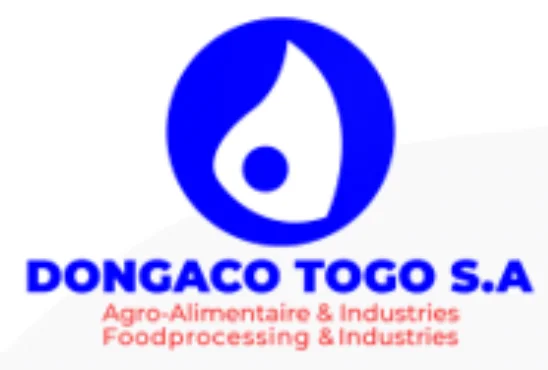


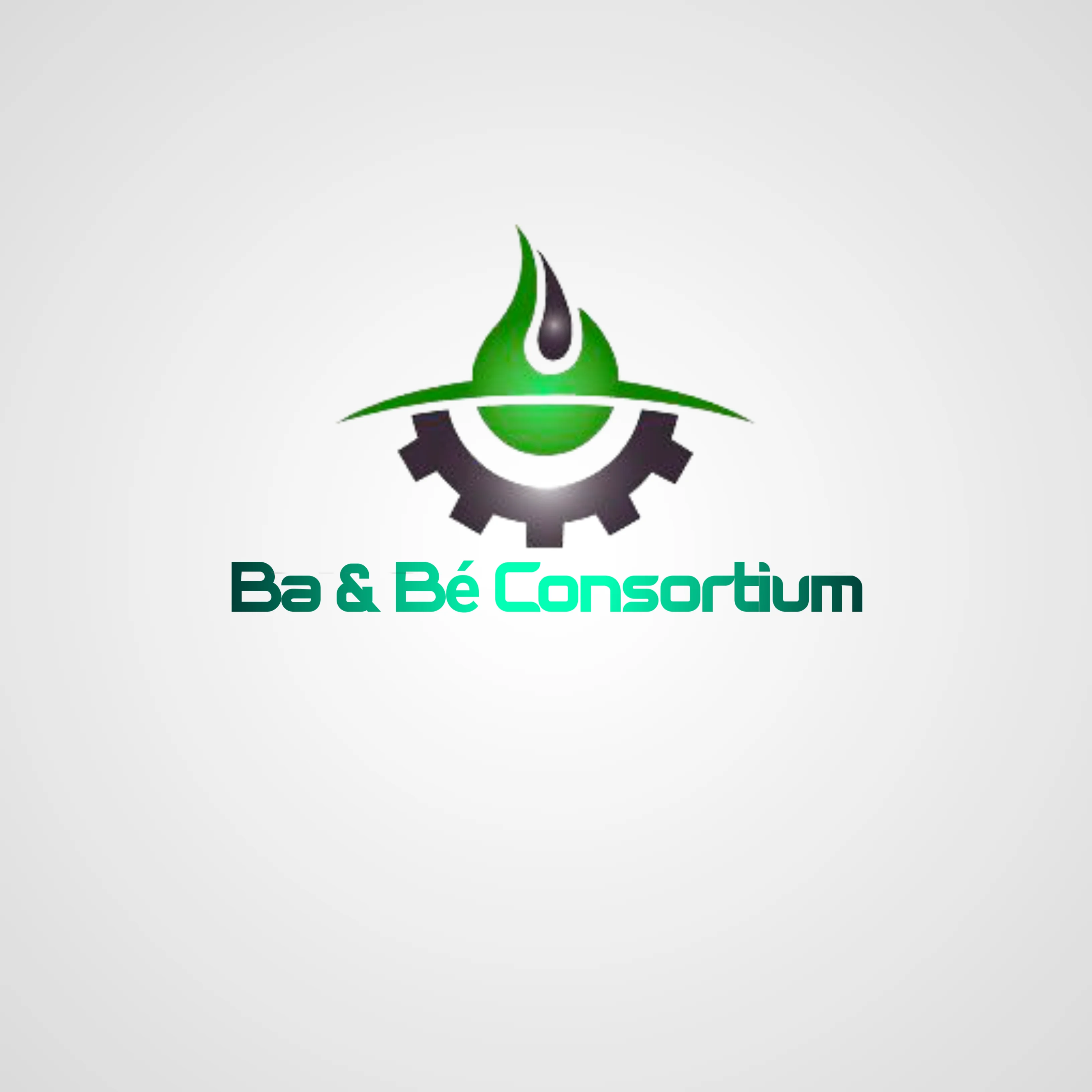










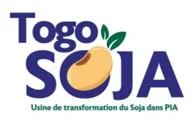
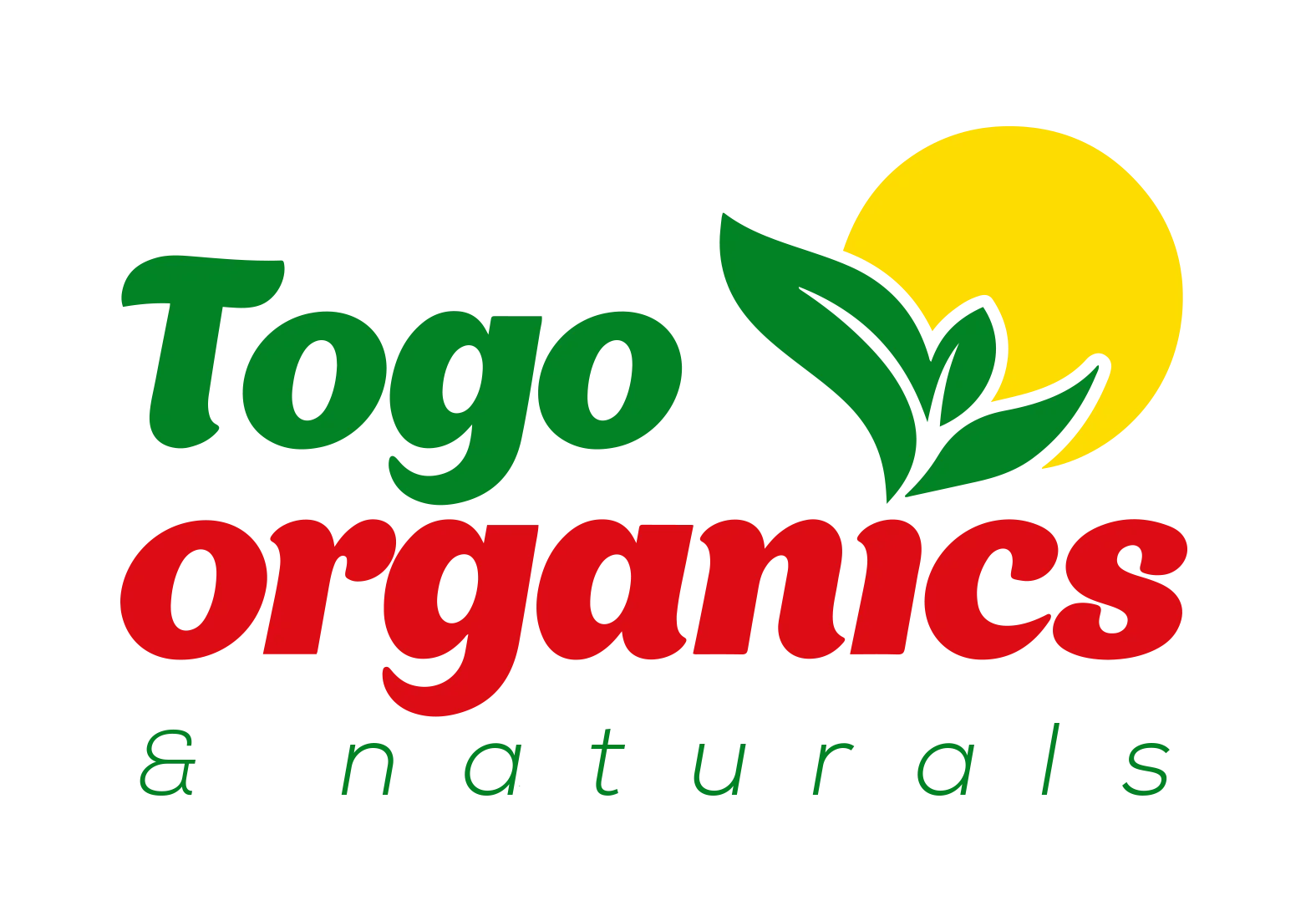
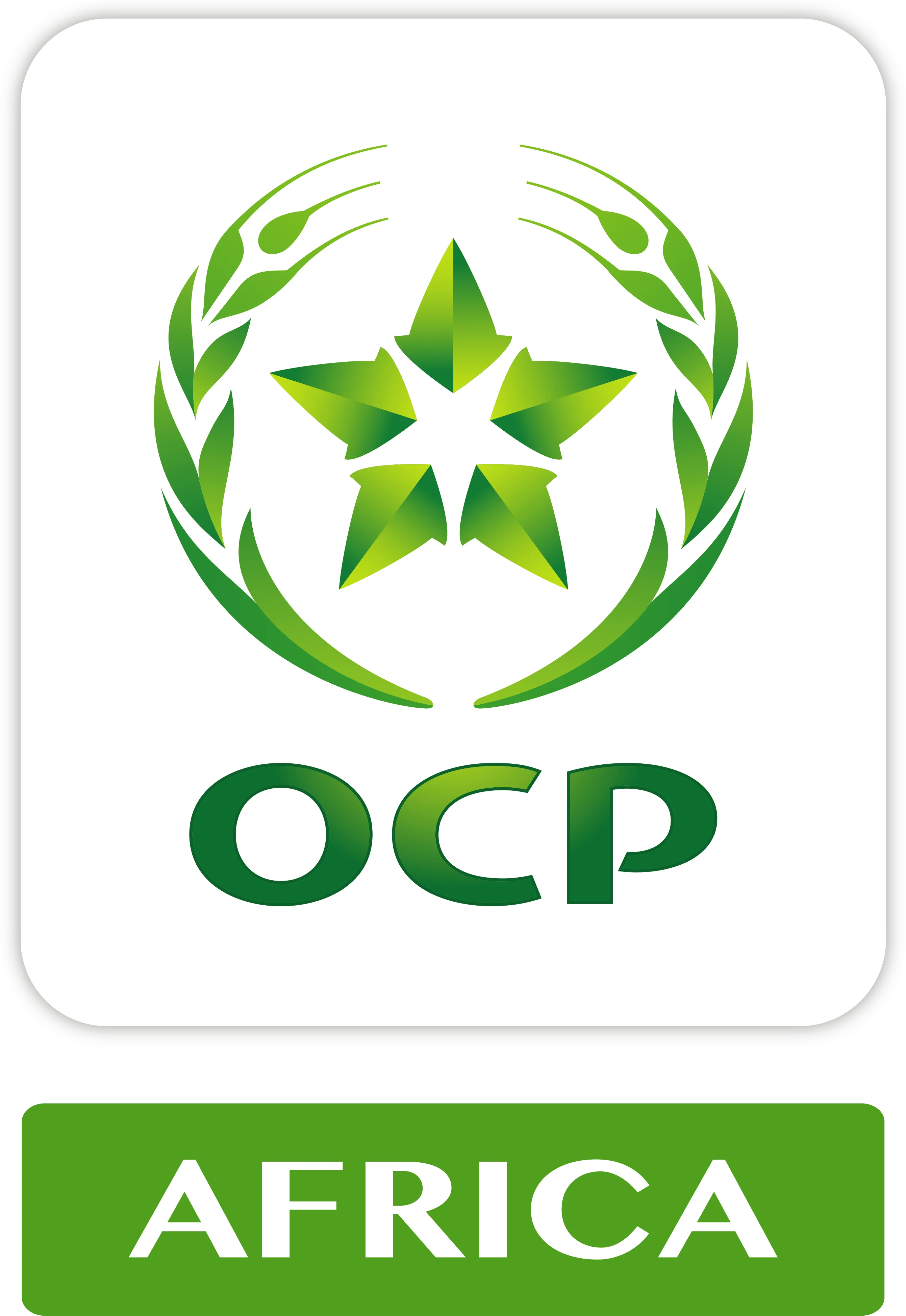
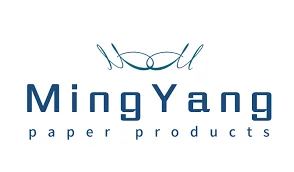

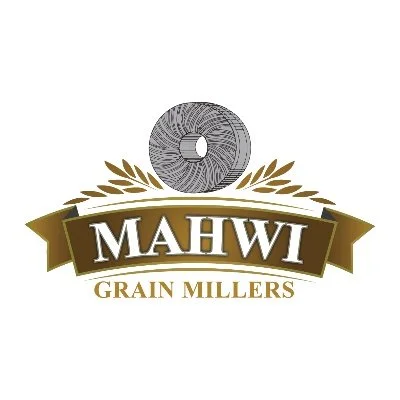

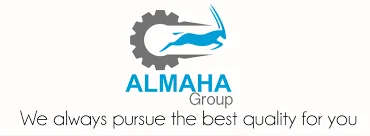




What are the top 10 commercial grains to invest in?
Maize (corn) reigns supreme, used in food, animal feed, and industrial products. Wheat, the foundation of bread and pasta, follows closely. Rice, a staple for billions, particularly in Asia, sits at number three. Barley, used in beer and some breakfast cereals, and sorghum, a drought-resistant grain crucial for Africa and parts of Asia, round out the top five. Millet, another drought-tolerant option, oats (popular for breakfast and health foods), rye (used in rye bread and some spirits), teff (an Ethiopian gluten-free grain gaining traction), and triticale (a wheat-rye hybrid) complete the top 10.
What's the global market size for breakfast cereals?
The global breakfast cereal market munched on a cool US$82.16 billion in 2024, with a projected annual growth rate of 5.52% to keep the bowls overflowing until 2029. North America takes the breakfast crown, with the US alone generating a whopping US$22.53 billion. But Africa is the rising star, boasting a breakfast cereal market of US$5.40 billion and a projected growth rate of 11.10%, suggesting a sweeter future for the continent's breakfast tables.
What's the global market size for pulses?
The humble pulse – lentils, chickpeas, beans, and peas – is taking center stage! Driven by a projected Compound Annual Growth Rate (CAGR) of 5.20%, the global pulses market is expected to swell from US$73.68 billion in 2024 to a whopping US$110.83 billion by 2032. The market is witnessing a surge in innovative pulse-based products like flours, snacks, and meat substitutes, catering to diverse consumer preferences. Consumers are increasingly seeking protein-rich, plant-based foods, and pulses perfectly fit the bill. They're packed with nutrients, offering a healthy and sustainable alternative to meat.
How to setup grains, cereals and pulses business in Africa?
The process for setting up a food processing business in Africa depends on the specific country and product. However, some general steps include market research, developing a business plan, company registration, obtaining licenses and permits, securing a location and facilities, establishing reliable sourcing and a supply chain, implementing production and quality control measures, and developing a marketing and distribution strategy. You can also streamline the whole business setup process by investing in Africa's top Industrial Zones, where you get complete Single Window Clearance and tax exemptions for business setup and profitable food processing facility.
What benefits does Africa's Industrial Zones offer to foreign investors?
For foreign investors, Africa's industrial zones offer several advantages. Tax incentives, reduced duties, and other financial benefits are a major draw. Additionally, reliable infrastructure like power, water, and transportation networks within the zones streamline operations. Simplified procedures for obtaining permits and licenses can expedite business setup. Industrial zones also offer access to a pool of potential employees and typically have improved security compared to general locations. However, before embarking on any venture, consult legal and business professionals with expertise in the specific African market you're targeting for the most up-to-date and region-specific information.
Compare
Dear investor, please compare similar category items- either Locations or Opportunities.
*Already subscribed.
*Enter your name/email.

Sign up for exclusive investment alerts.
Already subscribed? Skip
Thank You For Subscribing to
Africa For Investors.

You will be redirected to AFI’s Linkedin Profile in 10 seconds.
Stay On AFI Website